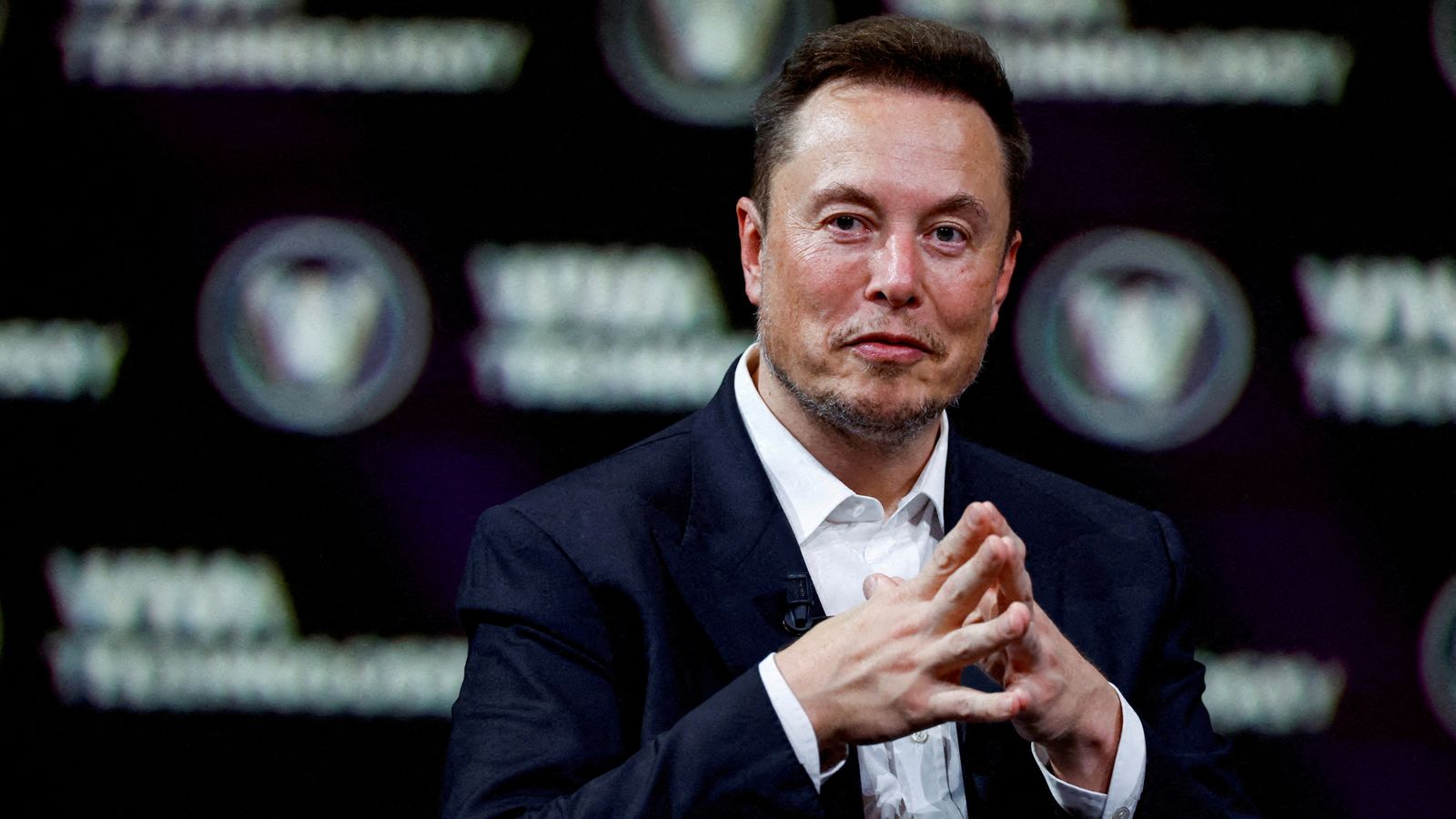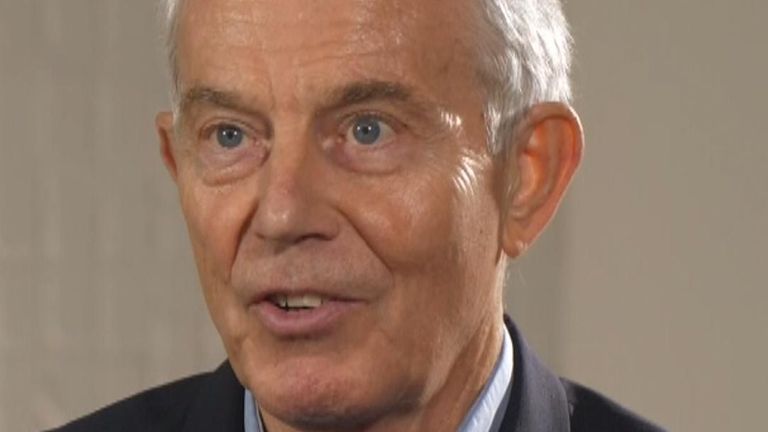Elon Musk has launched his long-awaited artificial intelligence start-up xAI in a bid to build an alternative to ChatGPT.
The Twitter owner has brought in a team of engineers from other tech firms he is hoping to challenge in the artificial intelligence sphere.
Musk has warned for months about AI’s potential for “civilisational destruction”, arguing that a race among companies such as Google and Microsoft to develop the technology should be stopped to allow time for regulations on the tech to be drawn up.
The reason for the launch of xAI is “to understand the true nature of the universe”, said Musk, who also co-founded OpenAI but later left the start-up credited with sparking the generative AI frenzy.
Dan Hendrycks, who serves as the director of the Center for AI Safety, a non-profit that aims to reduce the risks posed by the technology, will be an adviser to the new company.
The start-up’s team includes several former engineers and scientists from Alphabet-owned Google, Microsoft and OpenAI.
“We have worked on and led the development of some of the largest breakthroughs in the field including AlphaStar… GPT-3.5, and GPT-4,” the start-up said on its website.
Read more:
China risks falling further behind US in AI race with ‘heavy-handed’ regulation
Tony Blair: Impact of AI on par with Industrial Revolution
The company, which is looking for experienced engineers and researchers to join its team as technical staff in the Bay Area, will hold a Twitter Spaces event on 14 July.
Musk’s start-up will work closely with his other companies including Twitter and Tesla, according to the website.
Tesla shares showed little reaction to the news and were trading 1.5% higher, a sign that investors were not worried the
start-up will be a potential distraction for Musk.
In March, the billionaire registered a firm named X.AI Corp, incorporated in Nevada, according to a state filing.
The firm lists Musk as the sole director and Jared Birchall, the managing director of Musk’s family office, as a secretary.
The Financial Times reported in April that Musk had secured thousands of high-powered GPU processors from Nvidia for the project.

